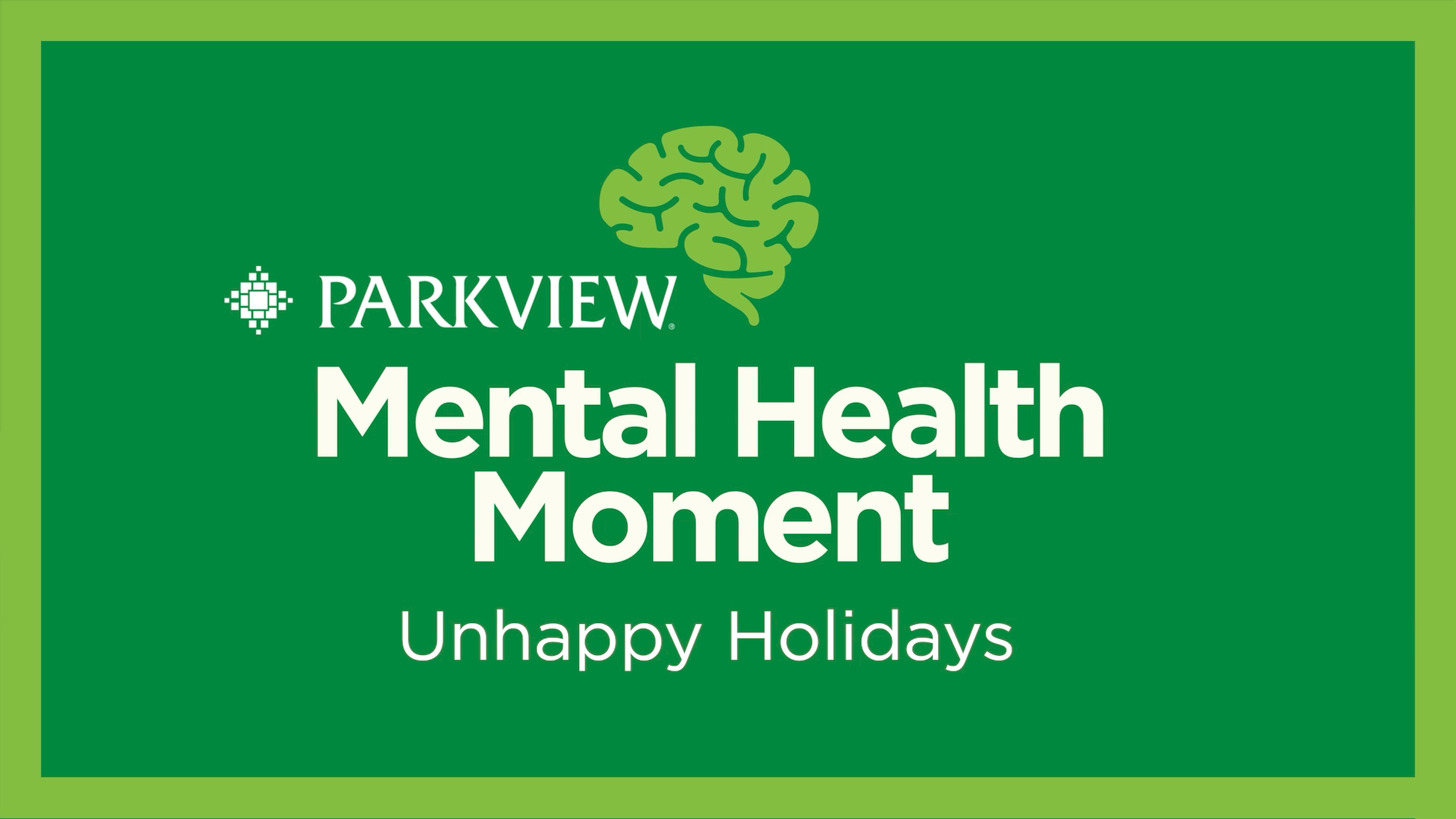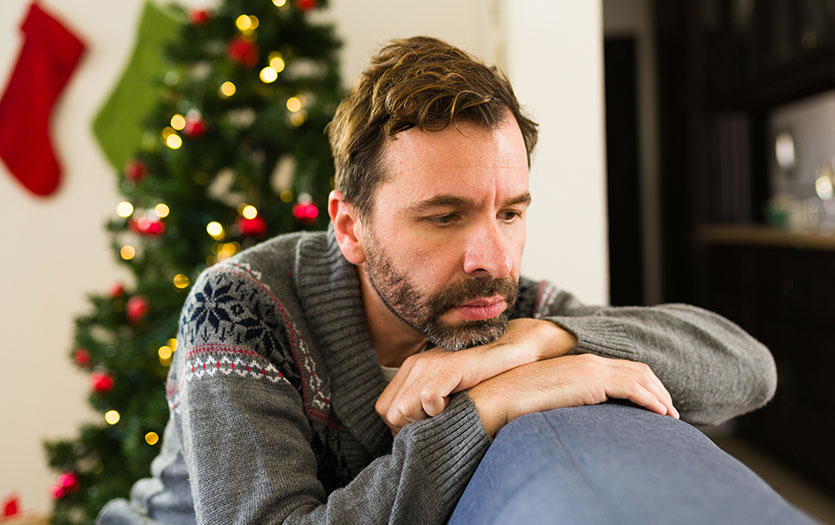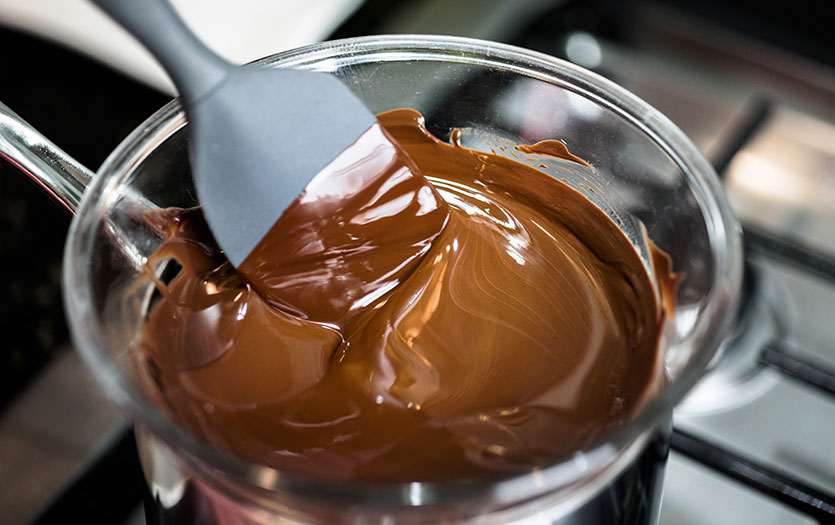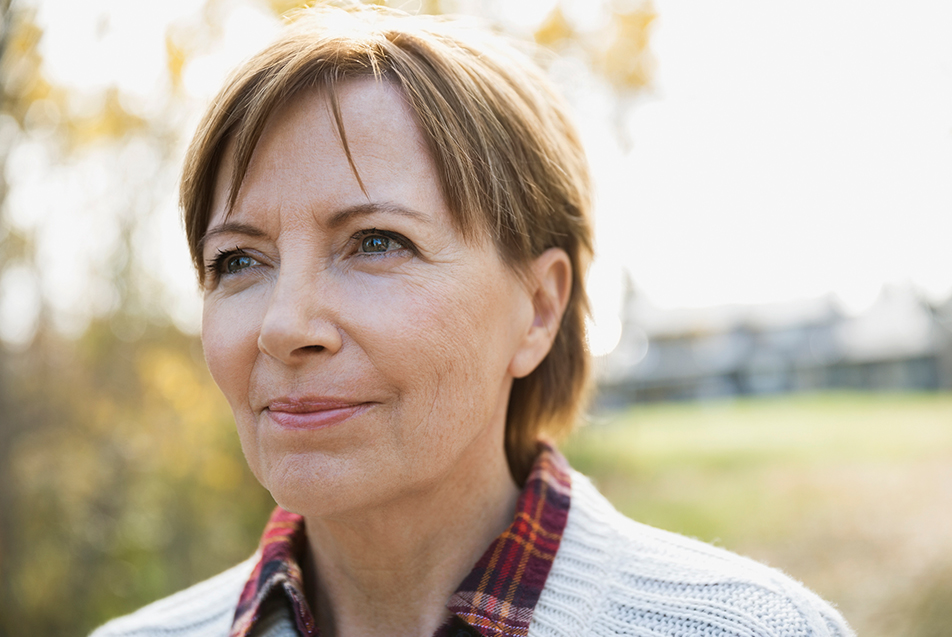
Today is Cancer Survivors Day, an occasion to celebrate second chances and the gifts that come at the intersection of medicine and miracles. But for some, the concept of beating the odds comes with an added dose of guilt. Lydia Miller, manager, Chaplaincy and Volunteer Services, and a four-year breast cancer survivor, helps us explore these emotions and how we can change the dialogue.
What is “survivor’s guilt”?
To put it simply, “survivor’s guilt” is exactly that: Feelings of guilt or shame experienced by those who survive an illness, crisis, trauma or an incident in which others have not survived.
Why do you think so many experience these emotions?
When you survive a life-altering experience such as cancer, a horrible accident or a suicide, your emotions are understandably all over the place. There may be periods of simultaneous relief and gratitude for just being alive with times of intense sadness and feelings of unworthiness. These emotions are normal after surviving a physical or emotional traumatic event.
What would you tell a patient experiencing survivor’s guilt?
I would tell them that it is completely normal to feel that way for a season. Similar to the grieving process, survivor’s guilt is usually part of the healing process. However, it’s important to note that if these feeling are irrational and interfering with daily life, it is also perfectly acceptable and highly recommended to get professional help.
What role does hope play in survivorship?
Webster’s Dictionary describes hope as “the desire to obtain some good with the expectation of getting it”. In other words, hope believes that the goal is not only possible, but obtainable. Hope implies that better days are yet to come despite the pain. Hope takes the pain and propels it into action, moving forward and looking ahead for the good. Hope answers the “where” question; Where will I take my pain from here? My father, a retired minister, often states, “God does not waste our sorrows,” and I believe that to be true. Good can come from bad experiences. Joy can come from pain. Beauty can come of ashes.
What role does purpose play?
Having a sense of purpose can propel us forward as well. Instead of staying stuck in shame and despair, purpose helps us look at the “what”. What can I do with my pain? How can I honor the memory of those who did not survive? What can I do with my life because of what I have experienced?
What role does faith play?
For me, faith answers the “why”, but not in the way most people think. When I was diagnosed nearly four years ago, I asked God “Why me?” Then, a dear college friend died. I plunged deeply into survivor’s guilt. I was so grateful to be alive and well, but simultaneously devastated at the loss of my friend and the pain her family was experiencing. Like me, she had breast cancer. Like me, she had beautiful children, only hers were much younger. Like me, she had faith that God created her with a plan and purpose and she lived out her faith daily. She was strong, wise, disciplined, kind, and her life touched so many. My friend fought hard and was determined to beat this ugly cancer. We often exchanged Facebook chats, messages, Bible verses, prayers, and a lot of talk about faith and hope, and, even, death. What my friend so beautifully taught me was “why NOT me?” We discussed that our “why” questions might not be answered this side of Heaven, but we both trusted that God knows the “why”, sees the bigger picture, and will make all of the life’s pieces work together someday. Though I miss her terribly, I know this isn’t the end of our friendship. This has eased the burden of “guilt” for me like nothing else.
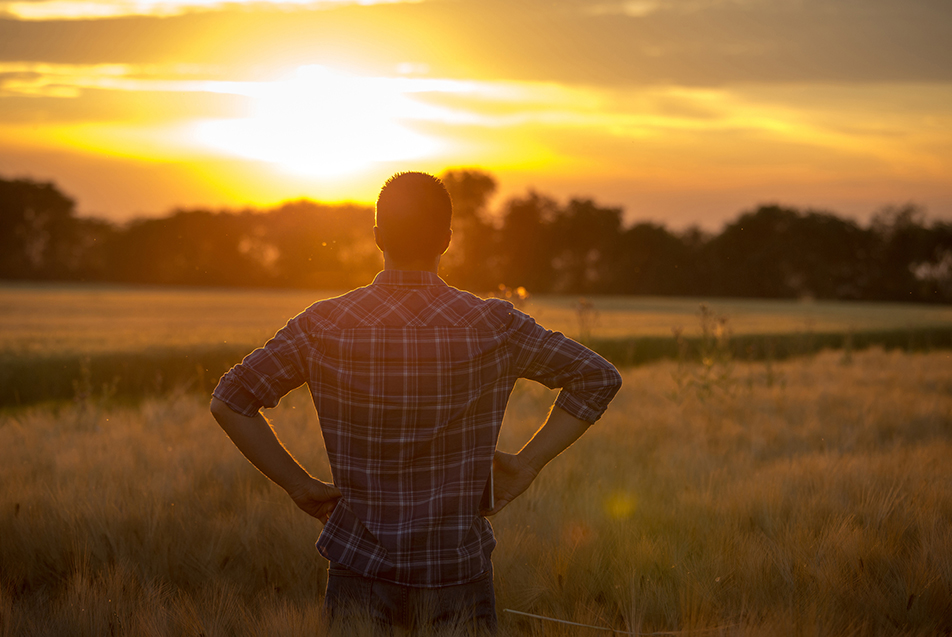
What is a healthy way to view one’s survivorship?
No one is exempt from pain in life. At some point, all of us have choices to make regarding the pain we encounter in life — to sink into despair or to allow the good to come from the pain. This is not an easy feat. It requires determination. But, sowing seeds of love and hope into those who have encountered similar pain will reap a harvest of joy like none other.
What are some tips for working through survivor’s guilt?
A gratitude journal, prayer, talking to other survivors, creating space for working through the feelings, and doing things to honor the memory of the loved ones who died were all instrumental in my journey. Positive self-talk is also so important.
What did you take away from your cancer battle?
Cancer has taught me to live with intentionality. I am deeply grateful for a second chance at life and I’m determined to make it count. I love deeper, I laugh harder, I take more risks, I stress less, I cherish each and every moment I have with my family and friends. For me, it’s about living out the purpose God has for my life (which incidentally is how I became a chaplain!).
What should someone with a loved one experiencing these feelings consider?
Listen, reassure, love unconditionally, and allow your loved one to walk the road of healing. Realize that there are parts of the journey that must be walked alone. There are no quick and easy fixes. Allowing time and respecting the journey is probably the most helpful tool. Again, if irrational thoughts and behaviors are persisting and interfering with daily life, please reach out for help. There are so many wonderful professionals in our area that specialize in assisting with this process.
How should we say to someone experiencing survivor’s guilt?
Say “I’m sorry”, “I love you”, “No matter what happens, I will be right here”. Sometimes no words are needed. The quiet, steady presence of one who loves us unconditionally is enough.

